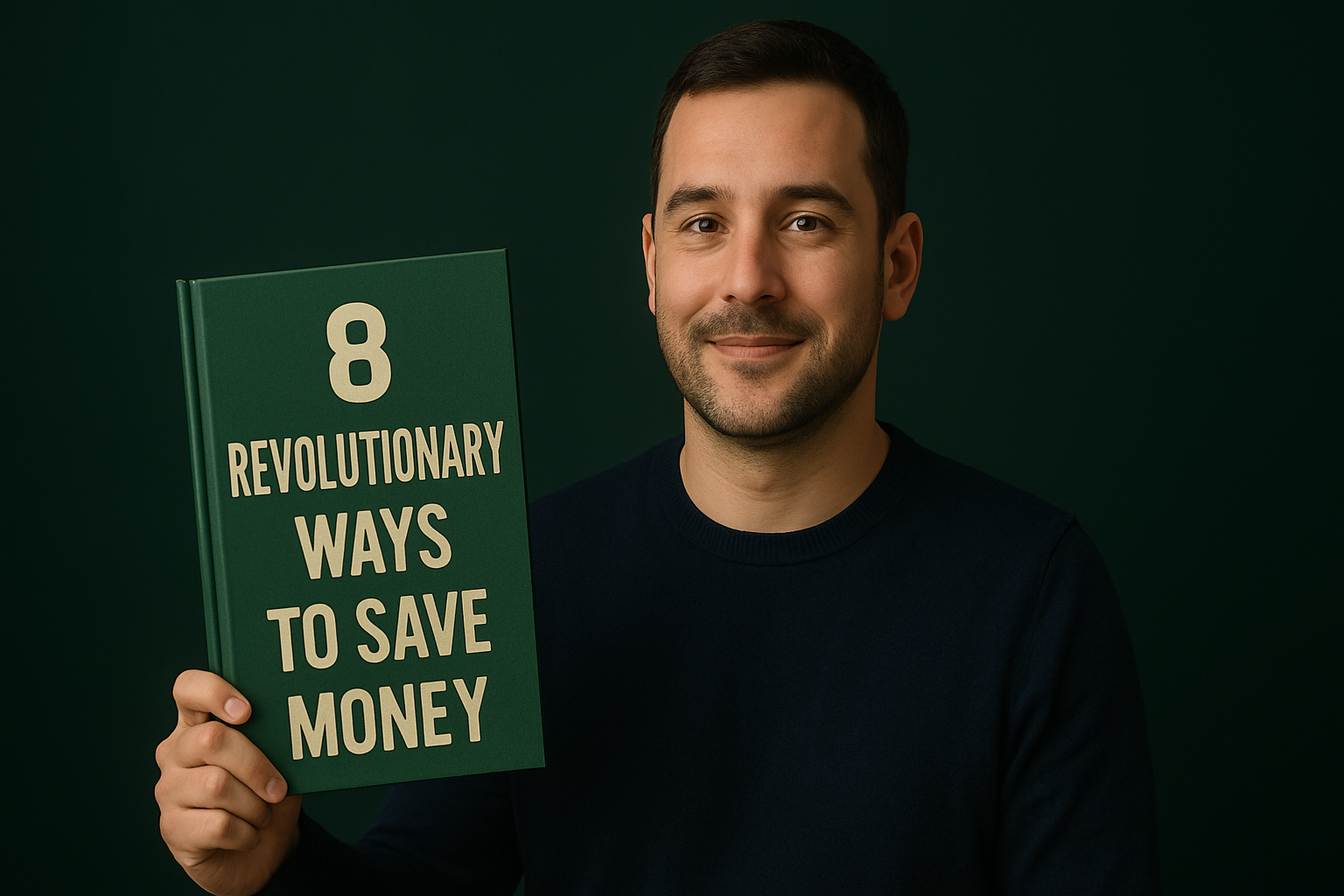Imagine being able to ask the greatest investor of all time for his best financial advice. Although most people disregard it, Warren Buffett, the guy who made $100 into nearly $100 billion, has spent decades spreading his insights. Why? Because he doesn't have ostentatious rules. They don't demand intricate tactics or guarantee quick wealth. Rather, they depend on perseverance, self-control, and a mentality change that distinguishes the affluent from the financially anxious.
We'll dissect Warren Buffett's Top 5 Money Rules in this blog, which have influenced his business choices, personal wealth, and investments for more than 70 years. These are transformative ideas that can assist anyone in achieving long-term success; they are not only stock market advice. Buffett's guidelines will change the way you see money, regardless of whether you're living pay cheque to pay paycheck, drowning in debt, or already investing. By the conclusion, you'll understand why the wealthiest guy in finance advocates for simplicity rather than speculation, as well as how you may use his wisdom to further your own financial goals.
1: The Golden Rule of Wealth Preservation: Never Lose Money.
The most well-known guideline of Warren Buffett seems almost too straightforward:
Always remember Rule No. 1. However, this is about risk management at the most profound level, not only about preventing losses. Buffett's strategy is based on the notion that it is exponentially more difficult to recover from a significant financial loss than it is to develop continuously.
Buffett maintained his composure during the 2008 financial crisis, even as millions of people panicked and sold their stocks at all-time lows. At severe discounts, he invested $3 billion in General Electric and $5 billion in Goldmans—and, when markets rebounded, went away with billions of dollars in profit. His secret? He only wagers on certain things. He considers "What’s the worst that can happen?" before making an investment. He leaves if the response is unsatisfactory. Actionable Takeaway: Ask yourself, "Can I afford to lose this?" before making any financial decisions, including investing, launching a business, or even taking on debt. If the response is no, think again.
Rule 2: The Circle of Competence: Invest Only in What You Understand.
His "Circle of Competence" consists of companies with straightforward, tested models, such as American Express, Apple, and Coca-Cola. His logic?
You're gambling, not investing, if you don't know how a business earns money. Buffett stayed away from internet firms completely, while speculators poured money into them with little gain (many of which ultimately folded).
He was criticised for being out of date—until the bubble burst and trillions of dollars' worth of wealth were lost. In the meantime, Buffett continued to increase his dull assets in consumer brands, railroads, and insurance.
Real-Life Example: Buffett made a significant investment in Apple in 2016 because he understood the company's brand loyalty, recurring income, and cash flow, not because he was a specialist in technology. Today, that $36 billion investment is worth over $160 billion. Actionable Takeaway: List the firms and industries you have a thorough understanding of. Regardless of how "hot" an investment appears to be, avoid it if it is not on that list.
3. The contrarian mindset, the third rule, says that you should be greedy when other people are scared and scared when other people are greedy.
Buffett made his most lucrative trades when everyone else was in a panic. His technique is based on his well-known quote: "Be greedy when others are fearful, and fearful when others are greedy."
He sees opportunities when the markets tumble. He becomes wary when everyone is in a state of euphoria. Buffett invested $3 billion in General Electric and $5 billion in Goldman Sachs, which paid out a 10% dividend, in 2008 while banks failed and equities fell. In addition to dividends, Goldman Sachs had paid him back by 2011 with $1.4 billion in profit. He also purchased $6 billion worth of Japanese trading equities during the COVID-19 market crisis, which have since increased in value. The Reason This Works: The majority of investors follow the crowd, selling cheap (out of panic) and purchasing high (out of FOMO). Buffett does the exact opposite. "Are the fundamentals of strong companies still intact?" If so, it's time to buy rather than sell.
Rule 4: The Power of Compounding: Hold Forever.
"Forever" is Buffett's preferred holding time. He has owned businesses for decades and does not trade stocks. Due to growth and dividends alone, his 1988 investment of $1.3 billion in Coca-Cola is currently valued at $24 billion. In contrast, the typical investor loses money while chasing short-term gains and keeps stocks for less than a year. Dead people or those who forgot they had investments had the best-performing accounts, according to a Fidelity study, because they didn't meddle. Real-Life Example: You would have $800,000+ today if you had put $10,000 into the S&P 500 in 1980 and held it. Choose reputable firms (or index funds) and hold them for life. Let compounding handle the heavy lifting. This is the actionable takeaway.
Rule 5: The Margin of Safety: Price Is What You Pay, Value Is What You Get"
Buffett learnt from his mentor, Benjamin Graham, to only purchase stocks that are selling well below their real value. This is known as the *"margin of safety". This guards against errors and market declines. Buffett purchased Bank of America at $7 per share in 2008, when there was a great deal of worry. It is trading above $40 today. He understood it was undervalued, but he didn't forecast the precise comeback. Applying This: Determine a stock's actual value before purchasing it (based on earnings, assets, and growth). It's a Buffett-style deal if the market price is at least 30% below that.
Applying Buffett's Rules Right Away. Buffett's rules are about discipline, patience, and rationality rather than complicated tactics. Most individuals fail financially because they follow trends, pursue fast gains, and let their emotions influence their choices. The first step is to audit your investments. Do they fall within your "Circle of Competence"? Establish cash reserves. To enable you to purchase when others are in a panic. Look for assets that are undervalued—not what is popular on social media. Buffett adhered to these guidelines fervently; he didn't become wealthy by chance. You will outperform 99 per cent of investors if you follow suit. Want to learn more about generating wealth?


.png)

 Tajib Ali
Tajib Ali







Comments (0)
Leave a Comment